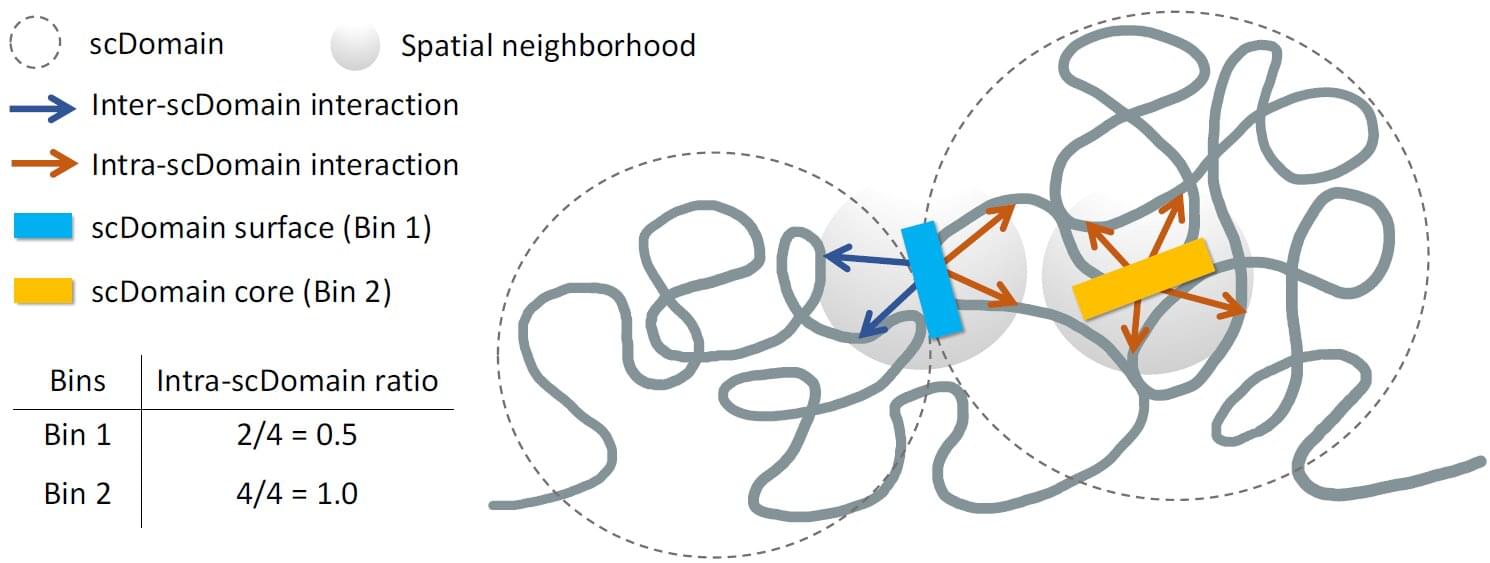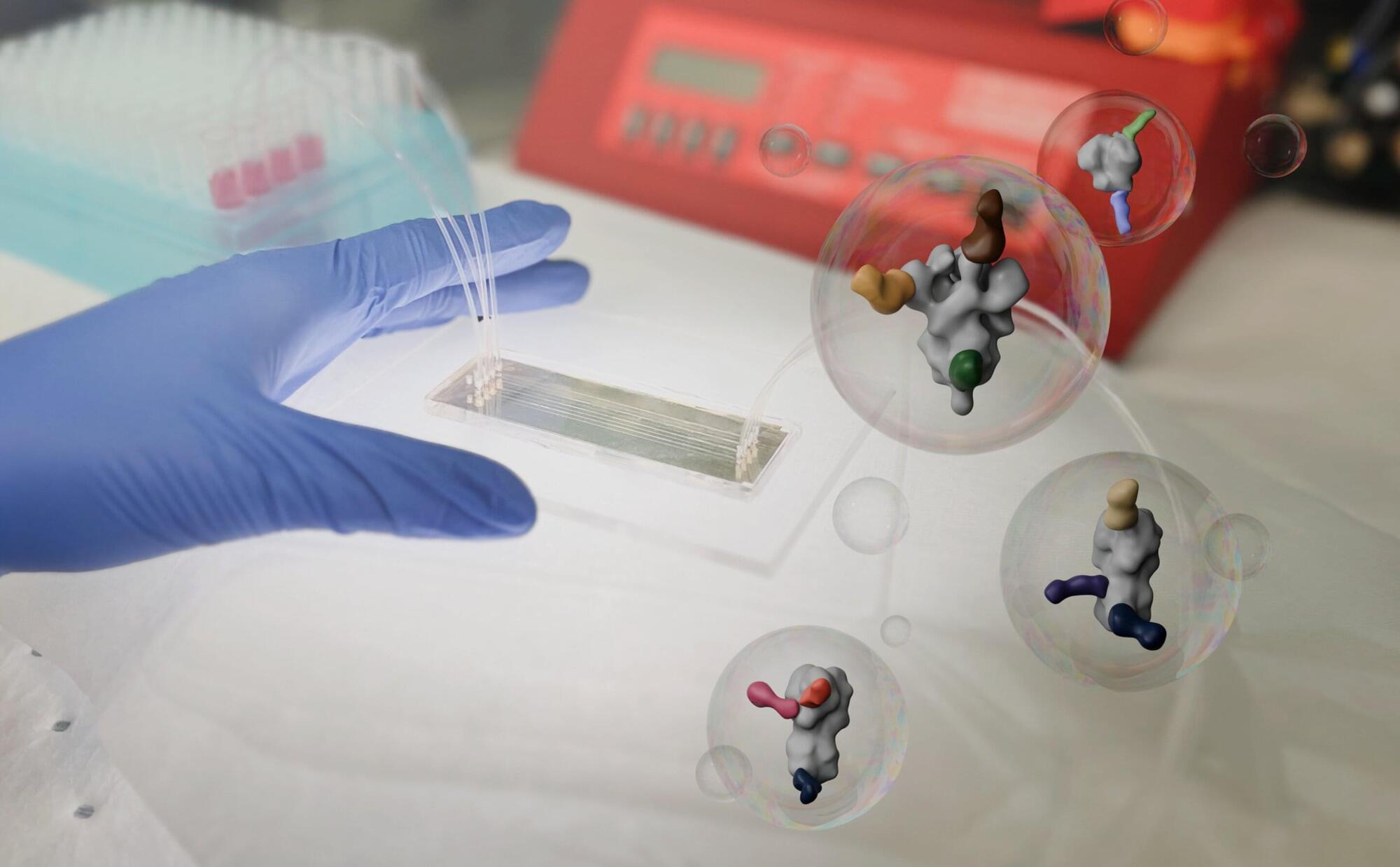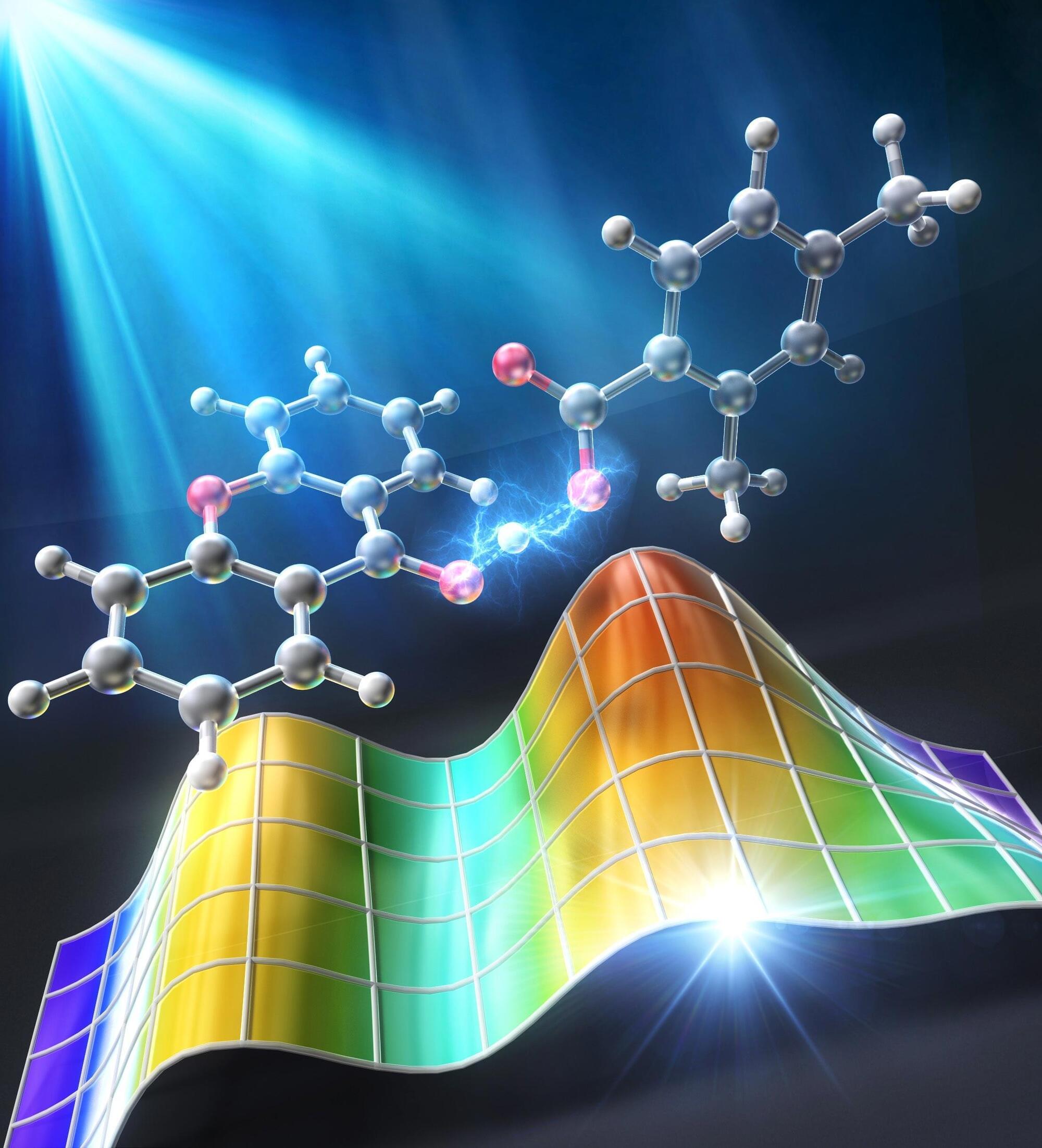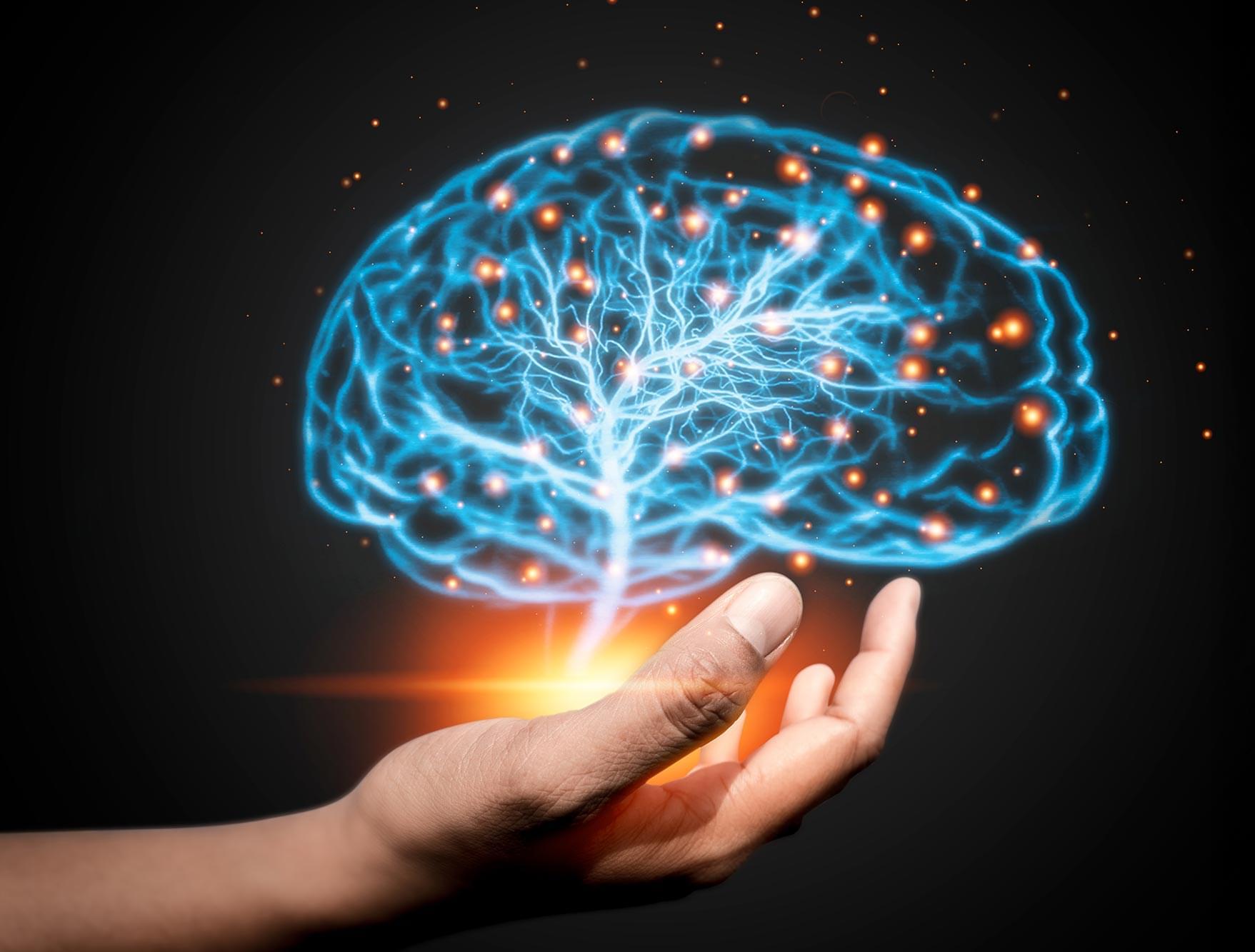In many countries, there is an academic cheating crisis with students misusing artificial intelligence tools like ChatGPT to write essays, dissertations and other assignments. According to new research, certain personality traits make some students more likely to pass off AI-generated work as their own.
In a study published in BMC Psychology, Jinyi Song of South Korea’s Chodang University and Shuyan Liu of Baekseok University surveyed 504 Chinese art students. They found that students who scored highly for dark personality traits like narcissism, machiavellianism and psychopathy (collectively known as “the Dark Triad”) were more likely to rely on AI tools like ChatGPT and Midjourney to do their work.
Although previous studies have revealed a link between dark personality traits and academic dishonesty, most research has focused on general student populations, not on specific groups such as art students.








